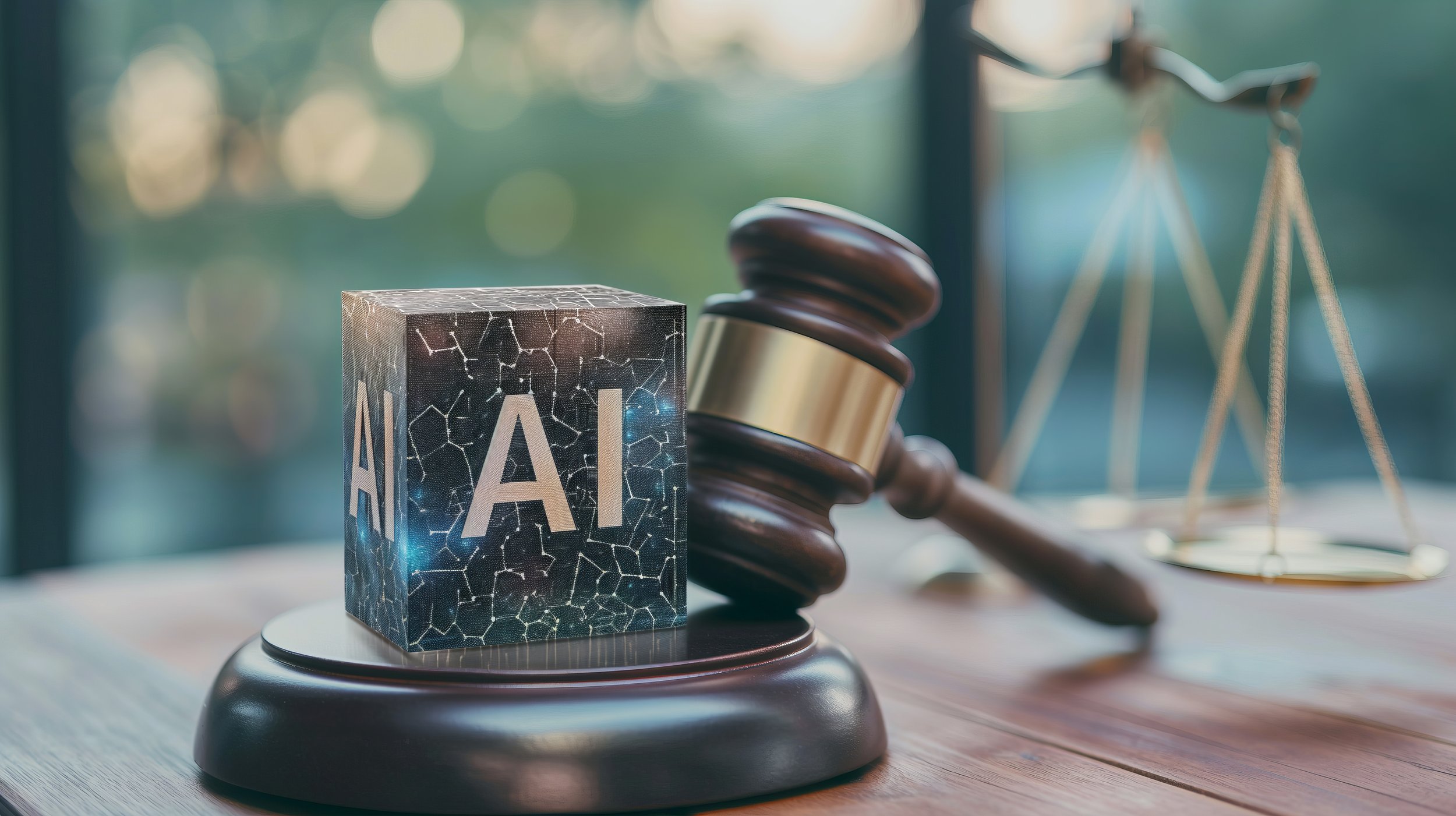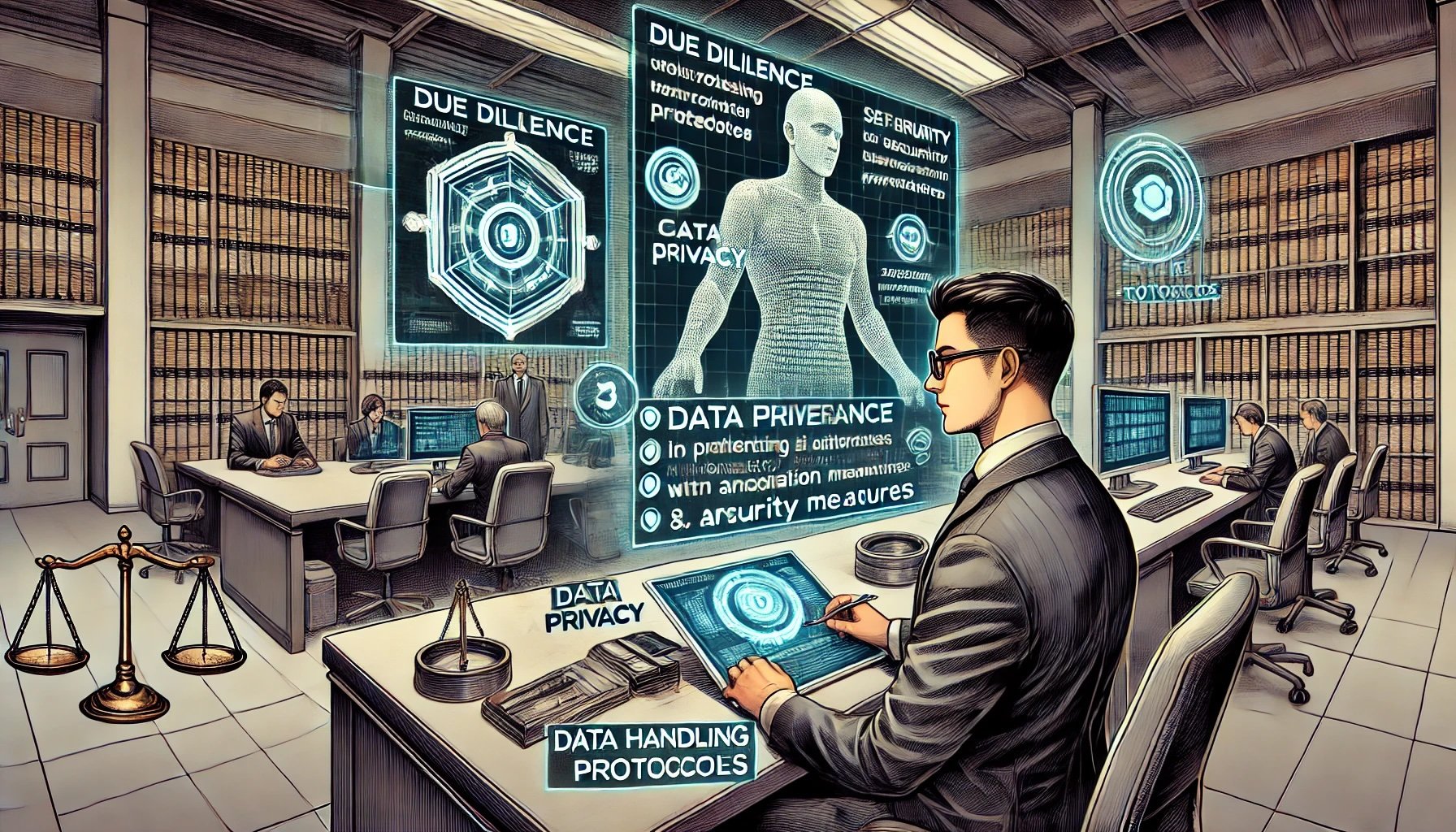MTC: How Time's 100 Most Influential People in AI Are Shaping the Future of Law!
/This month’s release of Time's 100 Most Influential People in AI for 2024 serves as a critical signal for lawyers to evaluate their own use of artificial intelligence (AI) in legal practice. This list highlights some key figures who are shaping the AI landscape, offering insights into pressing issues such as privacy, security, and ethical AI deployment that lawyers should be aware of in today’s modern practice of law - note that I tried to keep this list focused to the more common consumer which includes lawyers as well.
Privacy and Personal Identification
Mark Zuckerberg, CEO of Meta, is notable for his influence on privacy issues, particularly through the development of AI-driven social media platforms. Lawyers should be aware of how AI can impact client confidentiality and data protection, especially given the vast data collection capabilities of platforms like Meta.
Machine Learning and Training
AI is impacting nearly every aspect of the practice of law.
Demis Hassabis, CEO of Google DeepMind, is recognized for advancements in machine learning, including projects like AlphaFold. Lawyers must consider how machine learning models are trained and the potential biases that could affect legal outcomes. Understanding these biases is crucial for ensuring fair representation and decision-making in AI-assisted legal processes.
Security
Jensen Huang, CEO of Nvidia, plays a pivotal role in AI hardware development, which is essential for secure AI applications. Legal professionals should prioritize understanding AI's security implications, particularly in safeguarding sensitive legal data from cyber threats.
AI Hallucinations
Sam Altman, CEO of OpenAI, is influential in developing generative AI models like ChatGPT, known for their potential to produce "hallucinations" or inaccurate outputs. Lawyers using AI for drafting or research must critically assess the reliability of AI-generated information to avoid misinformation in legal documents.
Ethical and Regulatory Considerations
The integration of AI and Justice is happening now!
Lina Khan, Chair of the Federal Trade Commission, is a key figure in shaping AI regulation. Her work underscores the importance of legal frameworks to govern AI use, ensuring compliance with ethical standards and protecting consumer rights. Lawyers should stay informed about evolving regulations to advise clients accurately and ethically. Not only would I encourage you to follow this blog for more information but the American Bar Association and your local Bar Association was well!
FINAL THOUGHTS
The individuals featured in Time's 100 AI list highlight the transformative impact of AI across various sectors, including law. For tech-savvy lawyers, these leaders offer insights into the challenges and opportunities presented by AI. By understanding the implications of AI on privacy, security, and ethical practice, lawyers can better integrate AI into their work, ensuring it enhances rather than hinders their practice.



























